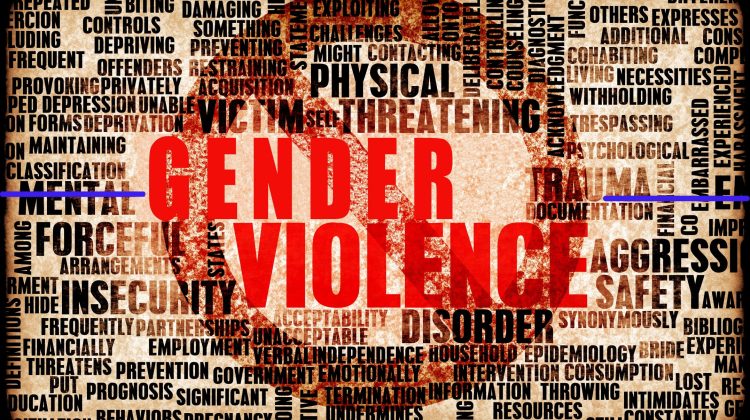
Creator: Johns Hopkins University
Category: Software > Computer Software > Educational Software
Topic: Governance and Society, Social Sciences
Tag: global, health, public, response, students
Availability: In stock
Price: USD 49.00
This course introduces participants from the healthcare sector to gender based violence (GBV), including global epidemiology of GBV; health outcomes; seminal research; and clinical best practices for GBV prevention, support, and management. A core curriculum is supplemented by lectures that contextualize the content with specific examples and programs from around the world. The core curriculum introduces learners to a global perspective on gender based violence (GBV), and includes a review with Dr. Claudia Garcia-Moreno of the new WHO guidelines on responding to violence. Students who wish to receive Honors Recognition will complete the honors module, which expands on the core material and highlights special circumstances and programs. This is an in-depth course with 2 components: 1) Core curriculum introduces GBV from a global perspective, with an emphasis on ensuring a strong health sector response to GBV and teaching key competencies for social workers, physicians, nurses, midwives, community health workers, counselors, and other healthcare workers. Completion of the core content is required for students to pass the course. 2) Honors curriculum offered by experts from around the world helps students dive deeper into certain issues, and touches on unique populations and specialized topics. Completion of Honors curriculum is required for those students who wish to receive a Certificate of Accomplishment with Honors.
Interested in what the future will bring? Download our 2024 Technology Trends eBook for free.
After taking the course, students will be able to: ”
Describe the global epidemiology of leading forms of GBV and the evidence linking GBV to poor health. ”
Articulate the challenges, strategies, and WHO guidelines for integrating GBV response within the health sector. ”
Describe the components of a comprehensive clinical assessment, treatment, and management of a GBV survivor. ”
Describe the appropriate psychosocial support and management of a GBV survivor. Module 1 Introduction to GBV- Epidemiology and Health Impact GBV comes in a variety of forms, each with health consequences for the survivor. An understanding of these issues helps inform a comprehensive and multi-sectorial response for preventing and responding to GBV. Module 2 Health Care Response, Screening, and Psychosocial Support Recognition of health impacts of GBV has led to calls to address GBV within the health sector. Support for GBV survivors extends beyond clinical exam and assessment. Safety planning, harm reduction, and access to psychosocial support must be ensured. Module 3 Clinical Care for GBV Survivors Caring for GBV survivors requires compassionate, confidential, and nondiscriminatory clinical assessment. Competent medical and forensic examination, along with appropriate documentation, is essential. Honors Module In-Depth Information and Special Topics This module provides additional materials for those who wish to explore specialized topics and gain a more advanced grasp of the complexities of addressing gender-based violence. Core course topics are expanded upon, and special populations and programs are highlighted. Special topics include violence in humanitarian settings, against adolescents and sex workers, and human trafficking. Further information is provided on epidemiology, policy, and ethical guidelines, as well as the use of mHealth in GBV screening and care. We'll cover the unique challenges of GBV research, and explore programs that encourage men and boys to be engaged in the prevention of violence against women. Acknowledgments This course is a project of the Johns Hopkins Center for Clinical Global Health Education. We would like to gratefully acknowledge the following collaborators: ”
Centre for Enquiry into Health and Allied Themes (CEHAT) ”
International Center for Research on Women's (ICRW) Asia Regional Office ”
Center on Gender Equity and Health at University of California, San Diego ”
Division of Global Public Health at University of California, San Diego ”
World Health Organization ”
RTI International ”
Swayam ”
Johns Hopkins Bloomberg School of Public Health, Center for Public Health and Human Rights ”
Johns Hopkins Bloomberg School of Public Health, Department of Population, Family & Reproductive Health ”
Johns Hopkins School of Nursing This course is made possible through the generosity of the Ujala Foundation, the Vijay & Marie Goradia Charitable Foundation, and the Wyncote Foundation.


